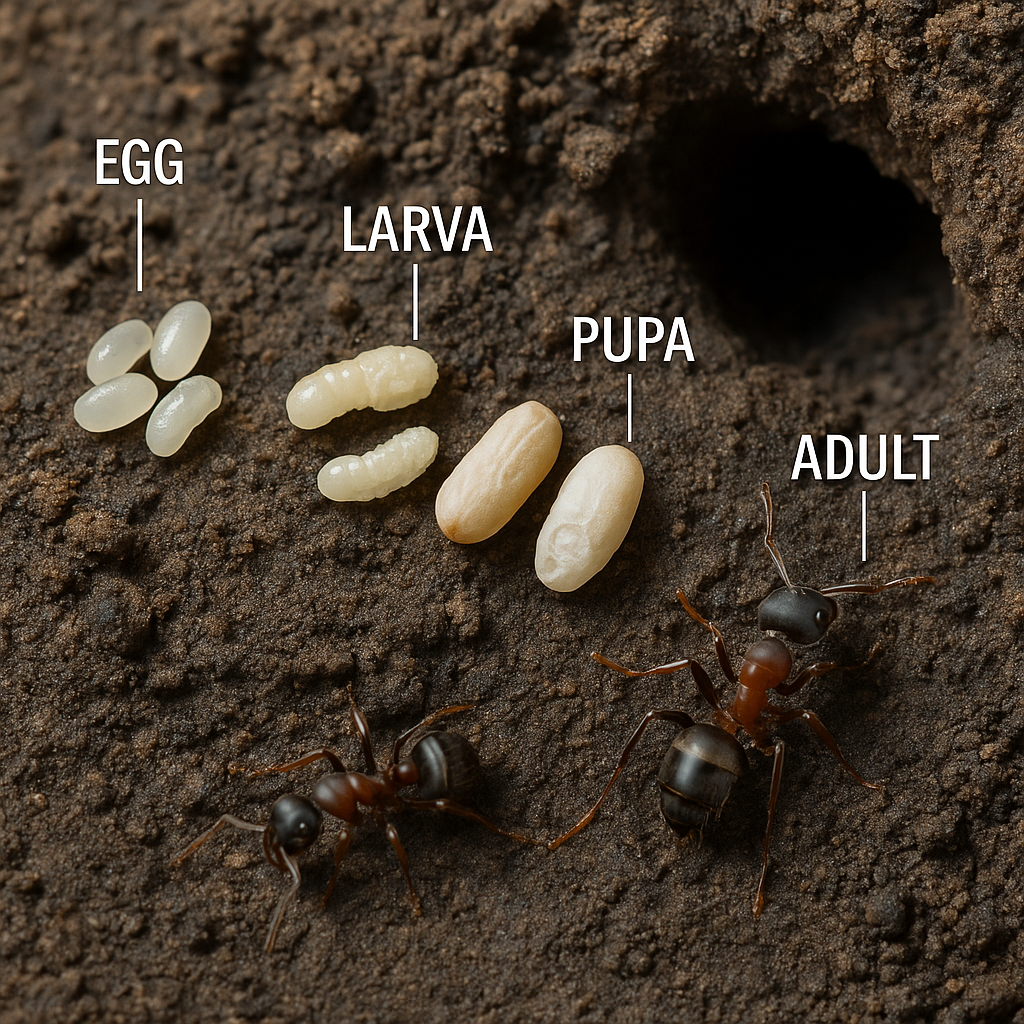
How Ants Multiply—And How to Stop Them!
1. The Ant Life Cycle: Tiny Eggs to Mighty Colonies
The key to ant invasions is their rapid life cycle. Here’s how ants multiply:
-
Eggs: The queen ant lays thousands of tiny, white eggs deep inside the nest.
-
Larvae: Eggs hatch into larvae that depend on adult ants for food and care.
-
Pupae: After several molts, larvae become pupae—some species spin cocoons, others do not.
-
Adults: In a few weeks, fully-formed ants emerge. Most become worker ants, while some mature into new queens or males for future swarming.
A single queen can live for years, laying eggs non-stop and producing millions of ants over her lifetime!
2. Why Ants Spread So Fast
-
Multiple Queens: Some ant species have several queens in one colony, multiplying their numbers even faster.
-
Swarming: Winged ants (alates) fly out to start new colonies, rapidly expanding the infestation.
-
Hidden Nests: Ants build nests in walls, under floors, or outside—making it hard to find and destroy the source.
3. How to Stop Ants from Multiplying
Break the life cycle to stop the invasion! Here’s how:
-
Find the Nest: Track ant trails to locate and destroy nests, indoors and outdoors.
-
Use Baits: Ant baits attract worker ants, which carry poison back to the queen and larvae, wiping out the colony at its source.
-
Seal Entry Points: Block cracks and gaps in windows, doors, and walls to stop ants from coming in.
-
Remove Food Sources: Keep kitchens clean, store food in airtight containers, and wipe up spills immediately.
-
Professional Pest Control: For persistent infestations, call pest control experts who use targeted treatments for complete elimination.
Conclusion
Ants multiply quickly due to their efficient life cycle and hidden colonies. To win the war against ants, target their nest, destroy their queens, and keep your home clean. Act early and use a combination of methods to stop ants in their tracks—before they take over!

Youtube Video
Invalid YouTube URL provided.













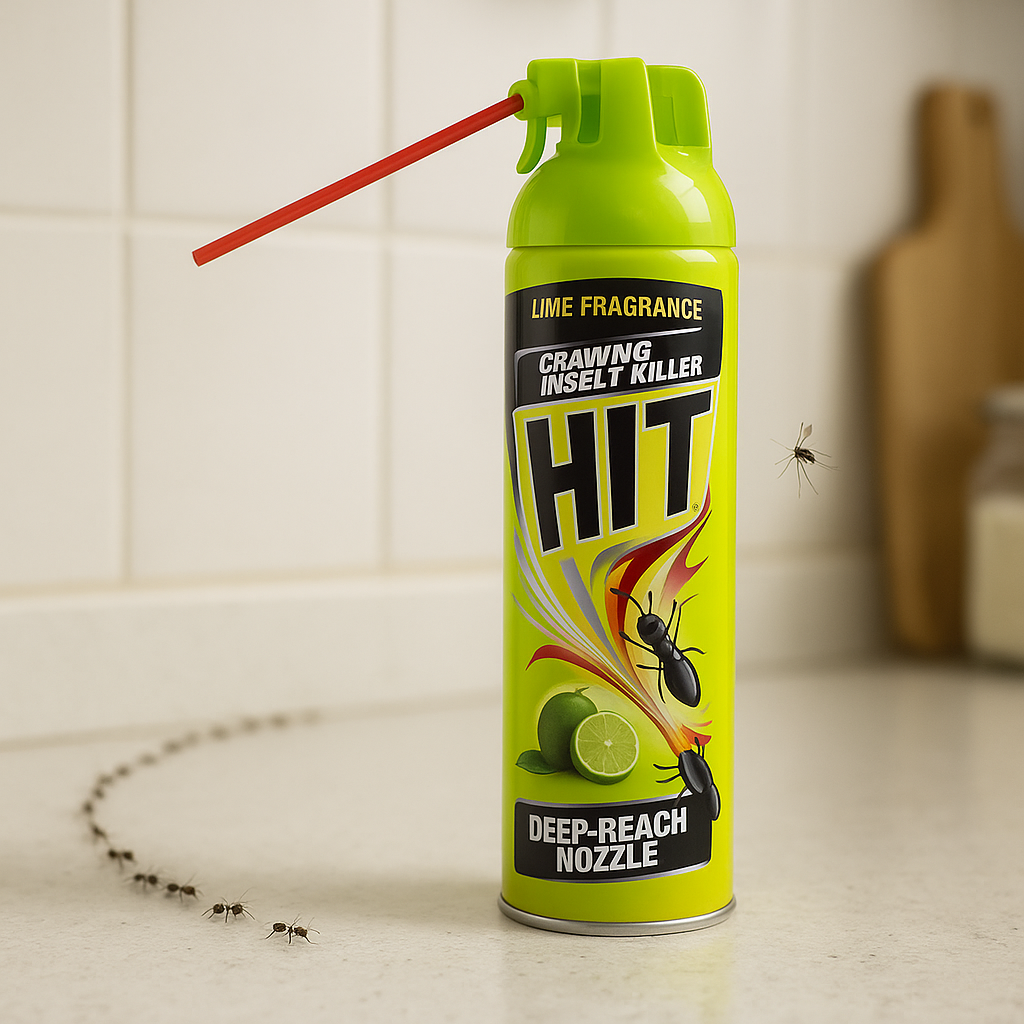


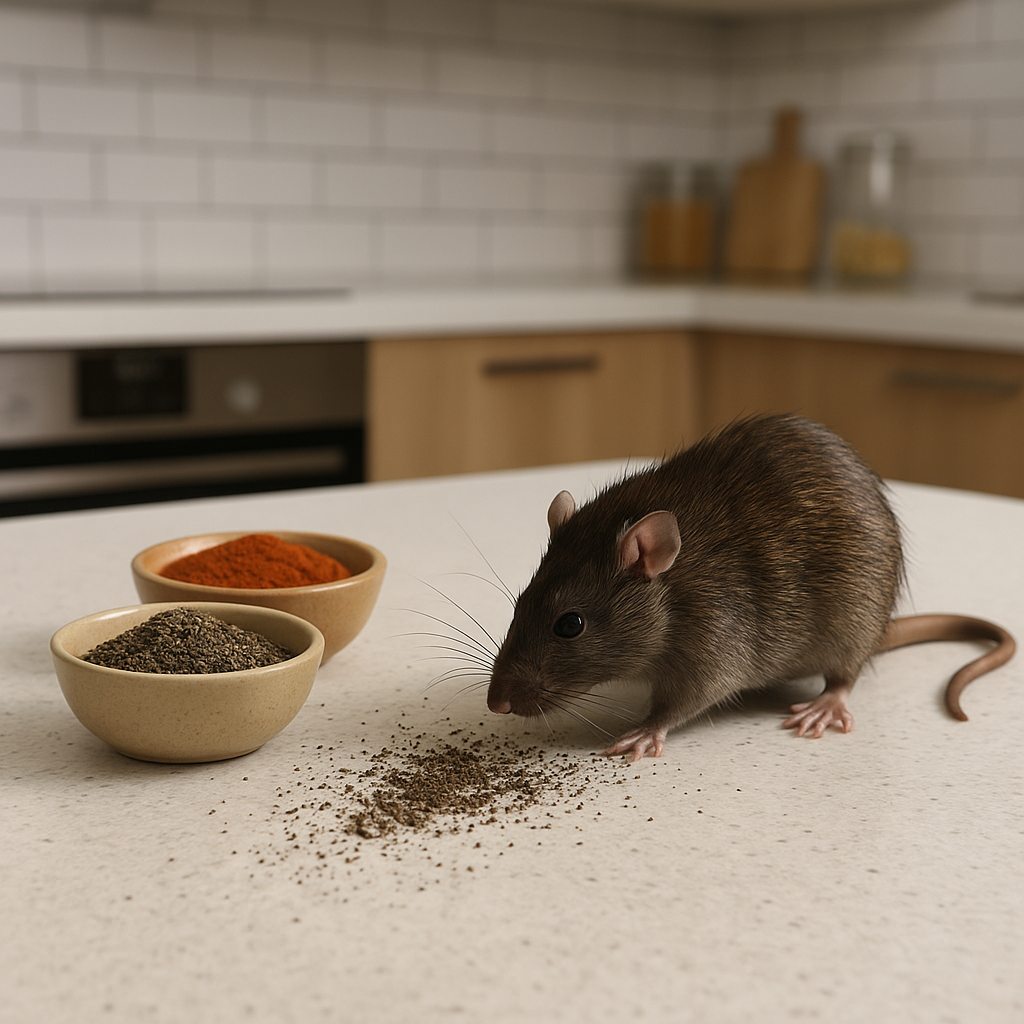
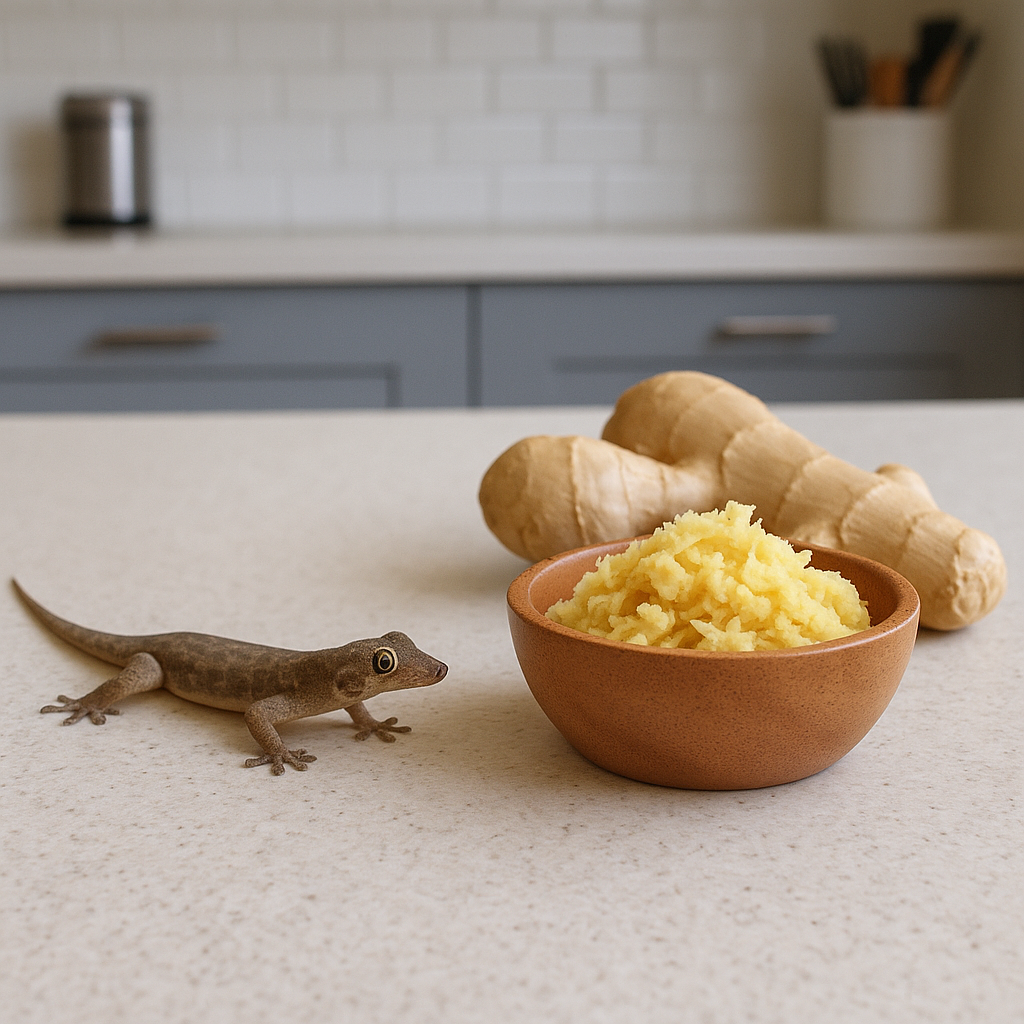
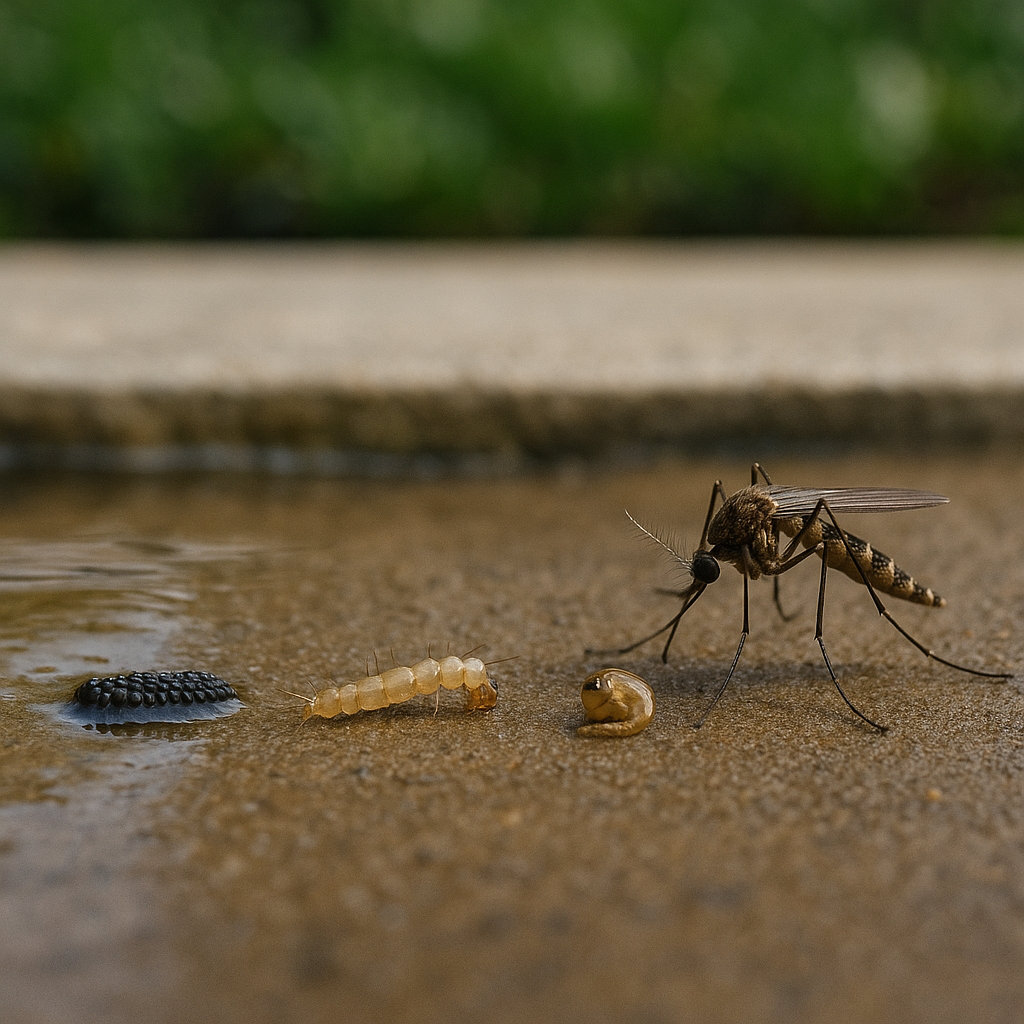

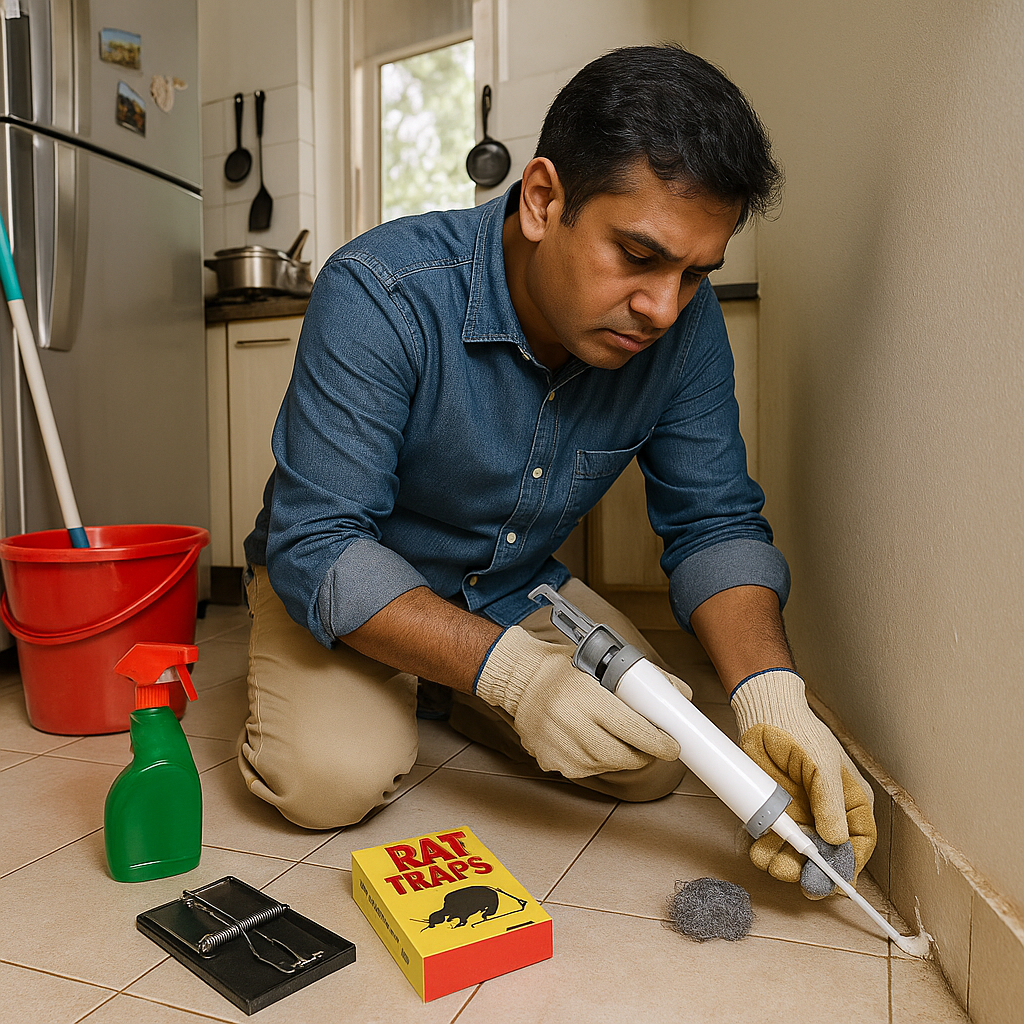

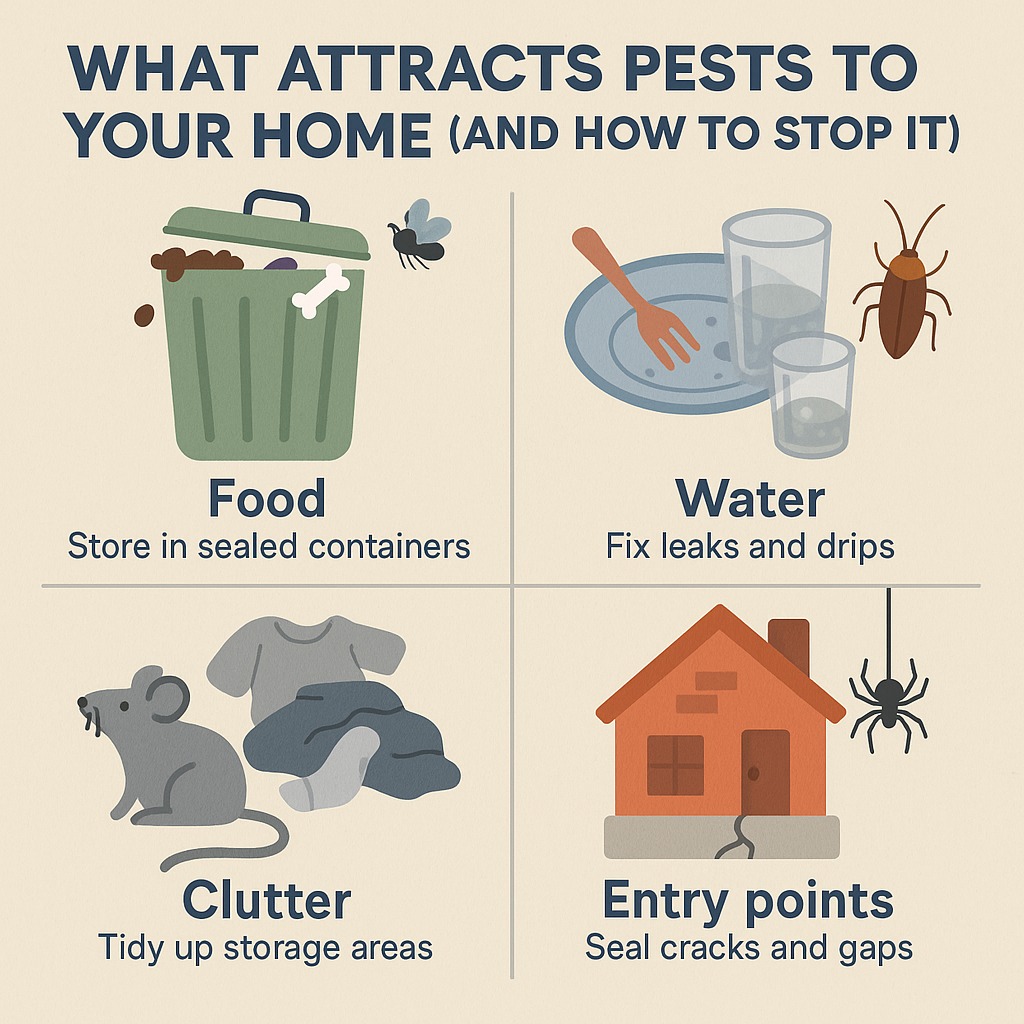


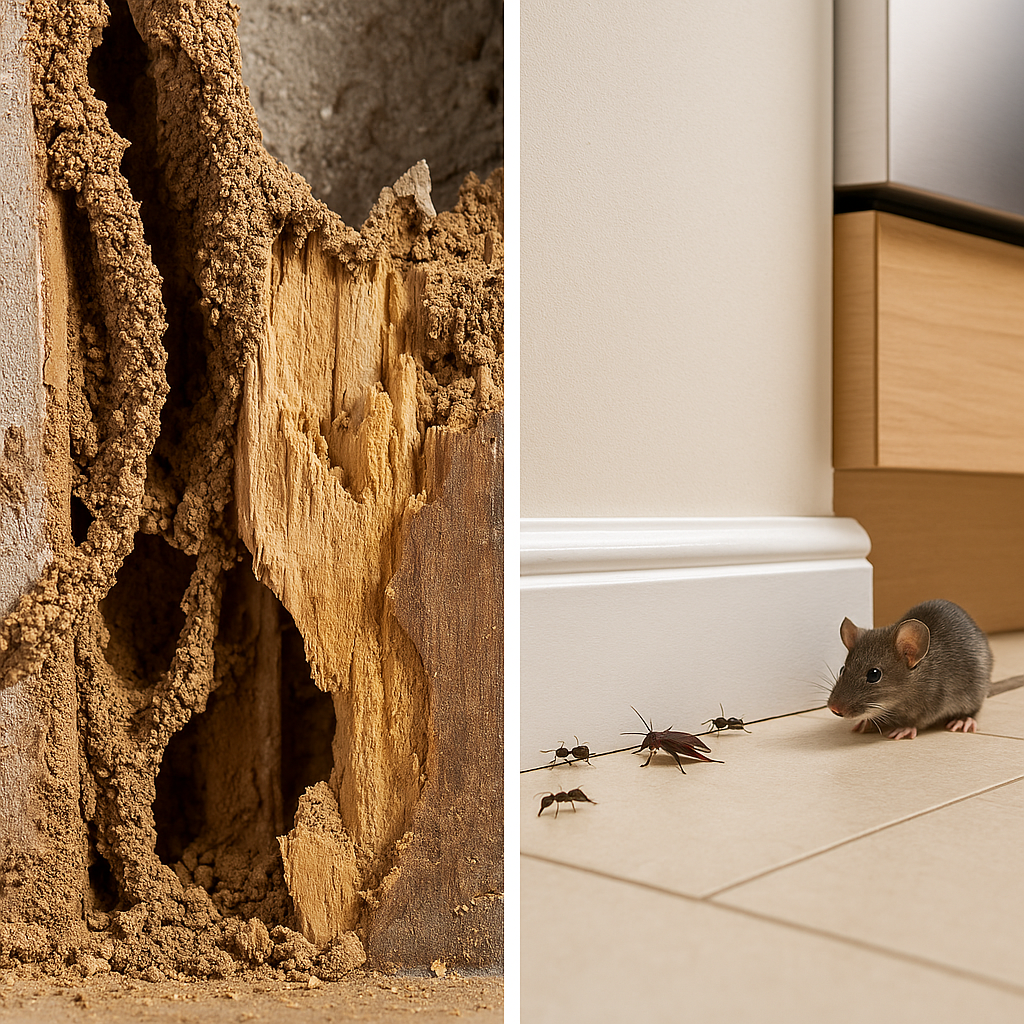
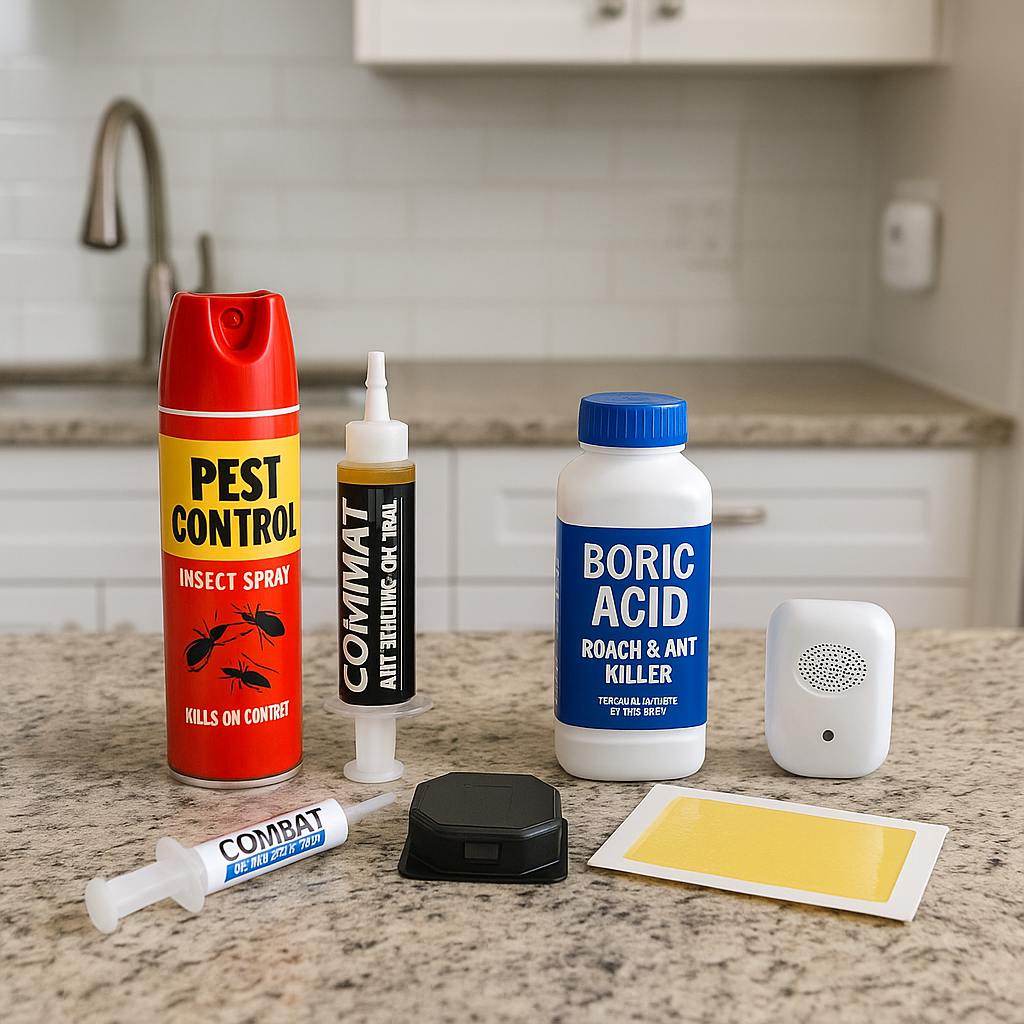
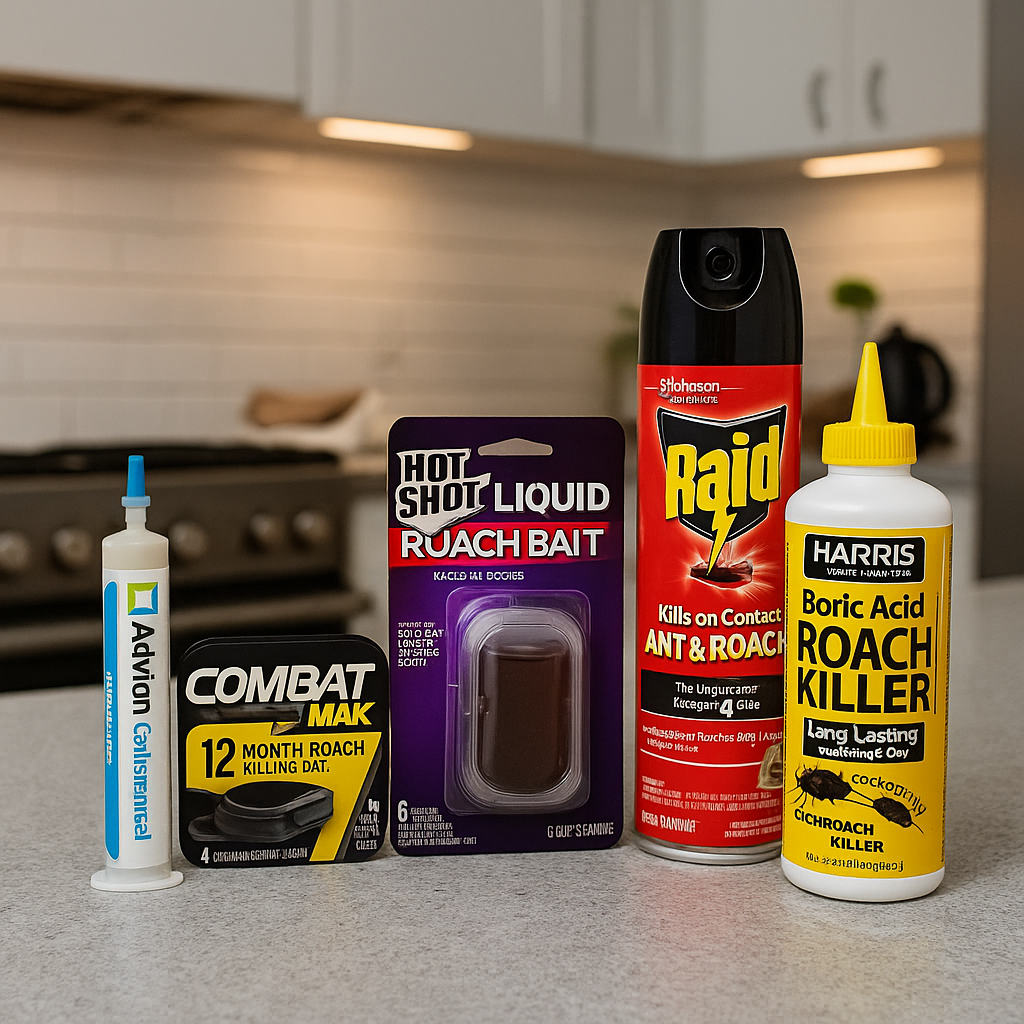
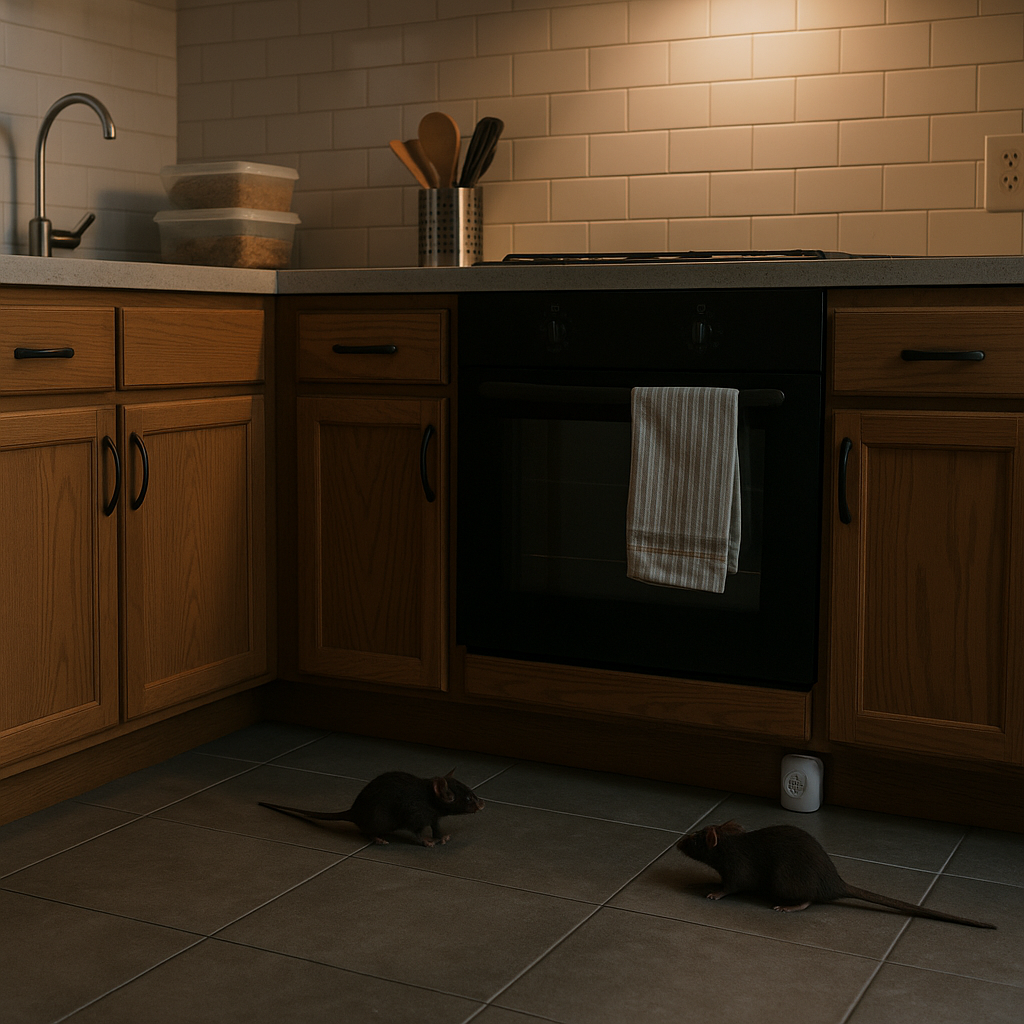



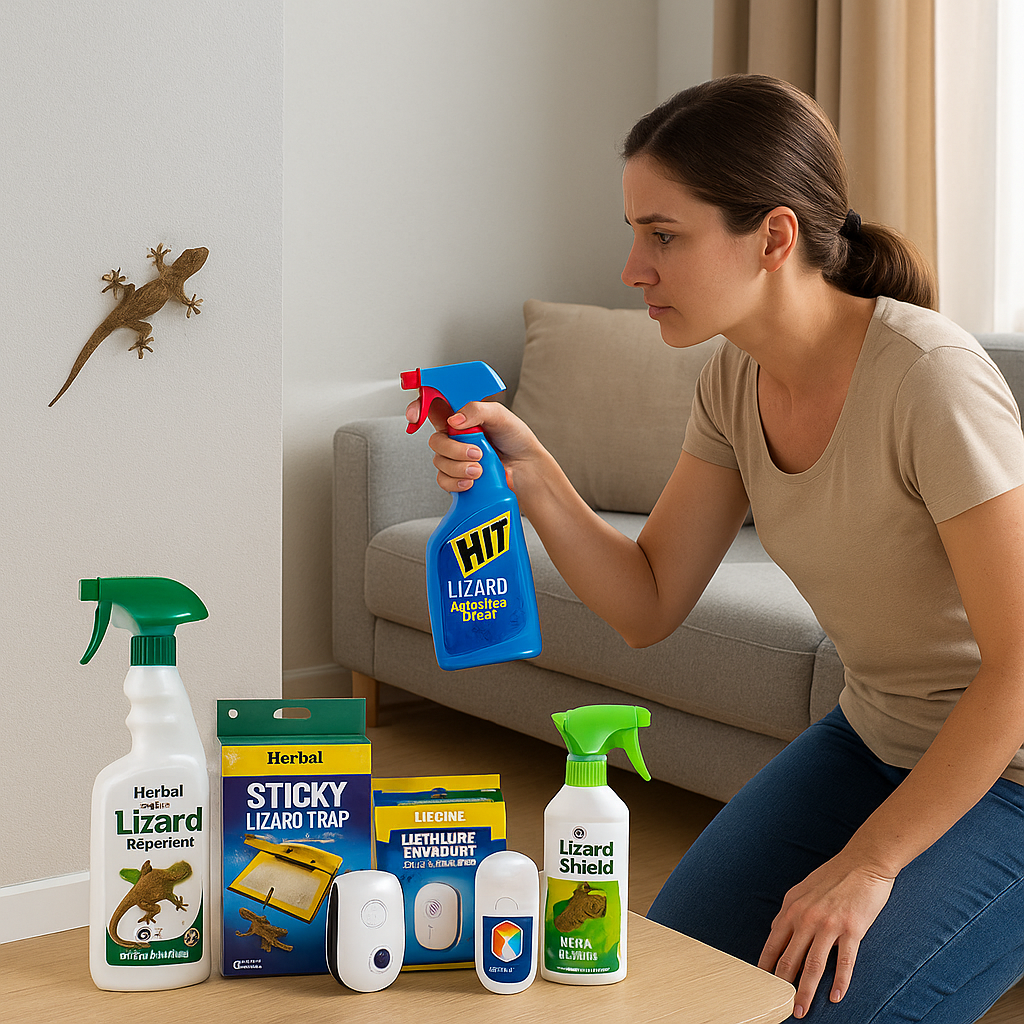



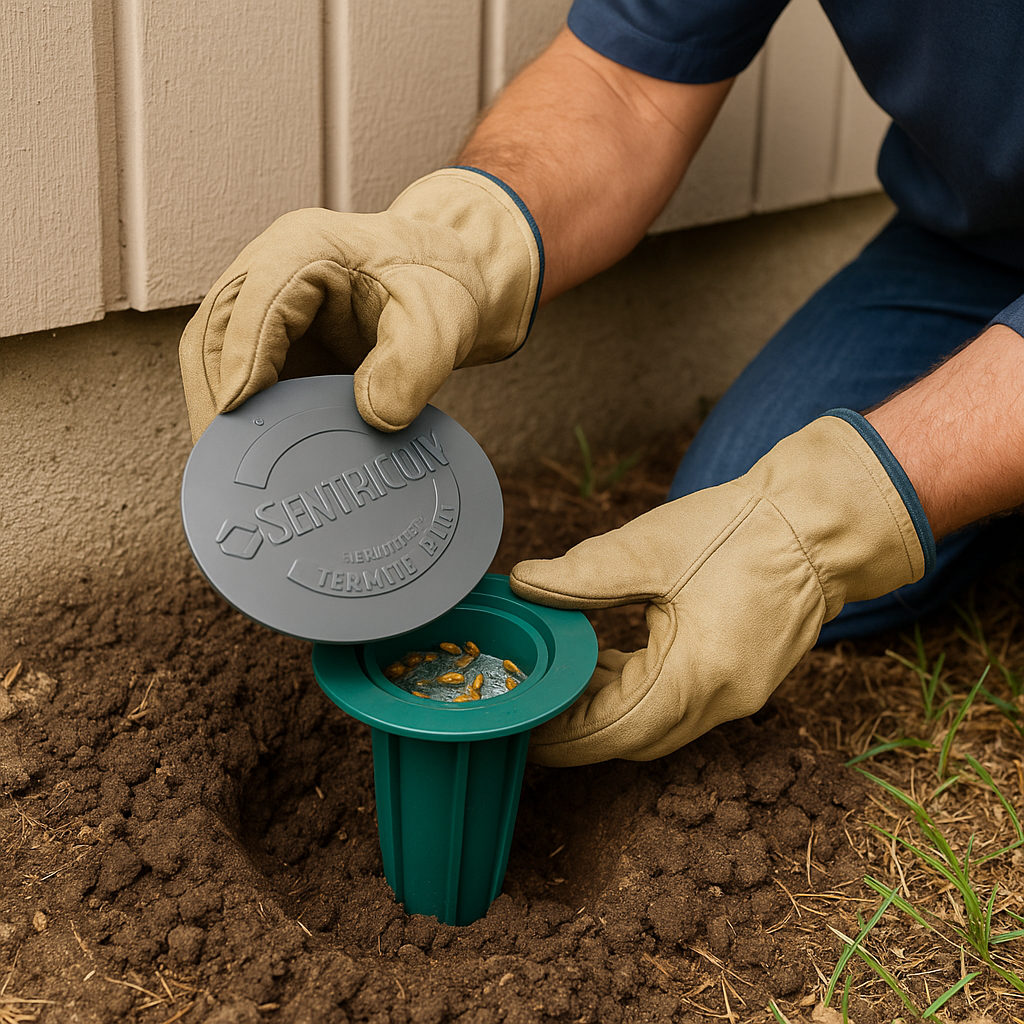





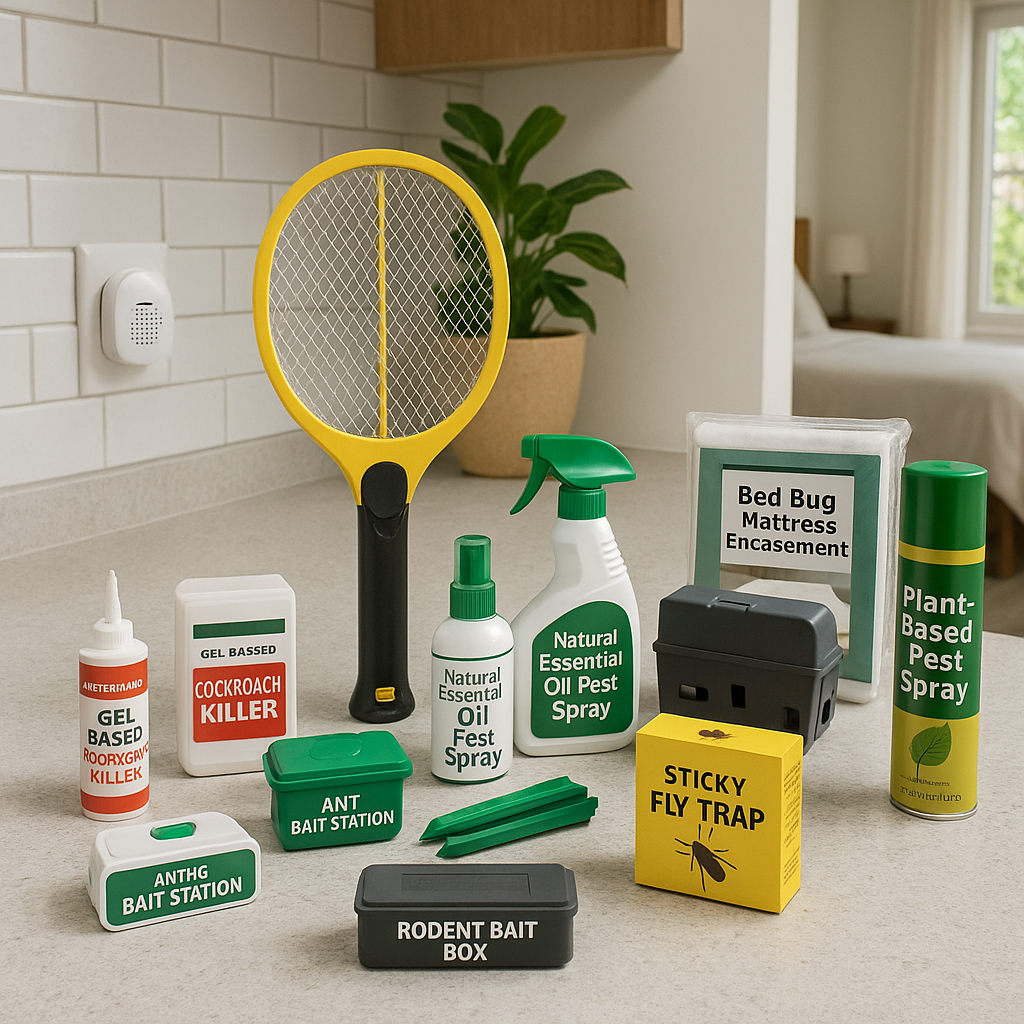






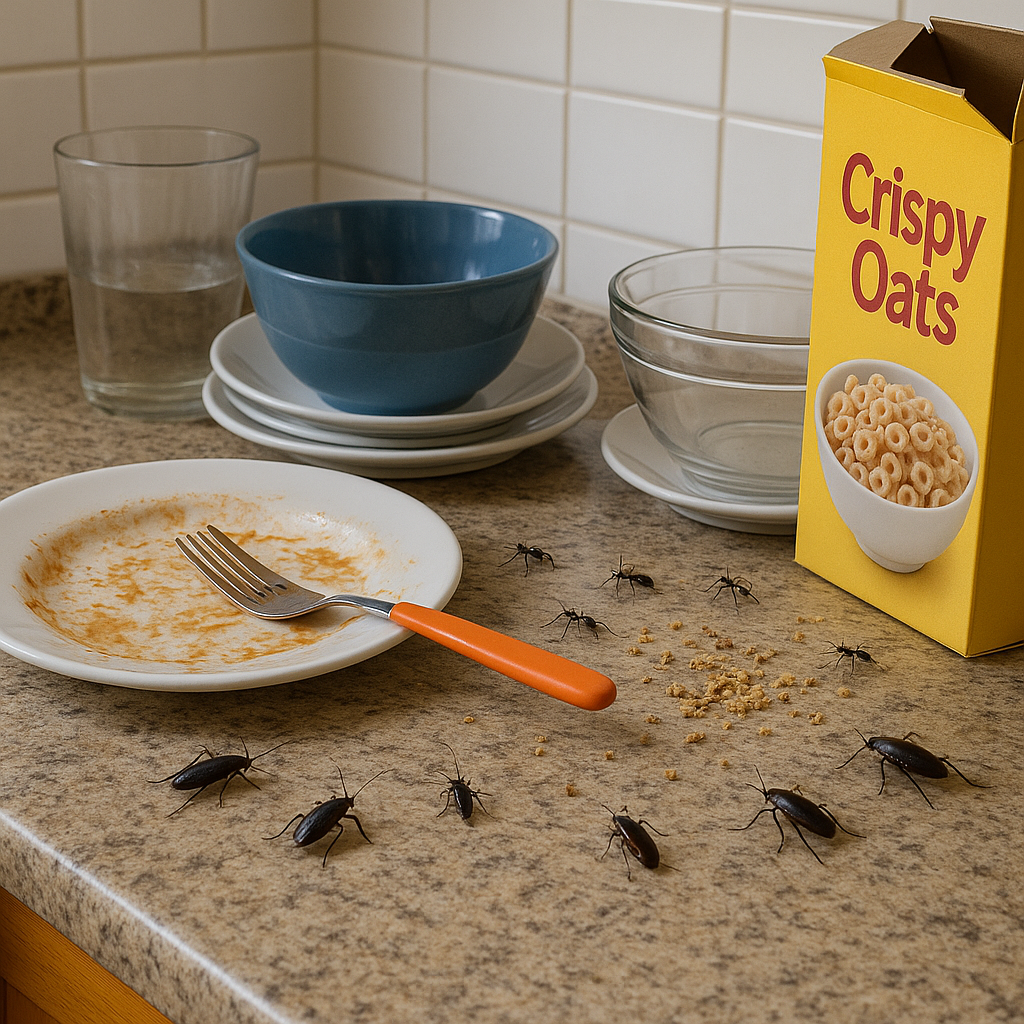






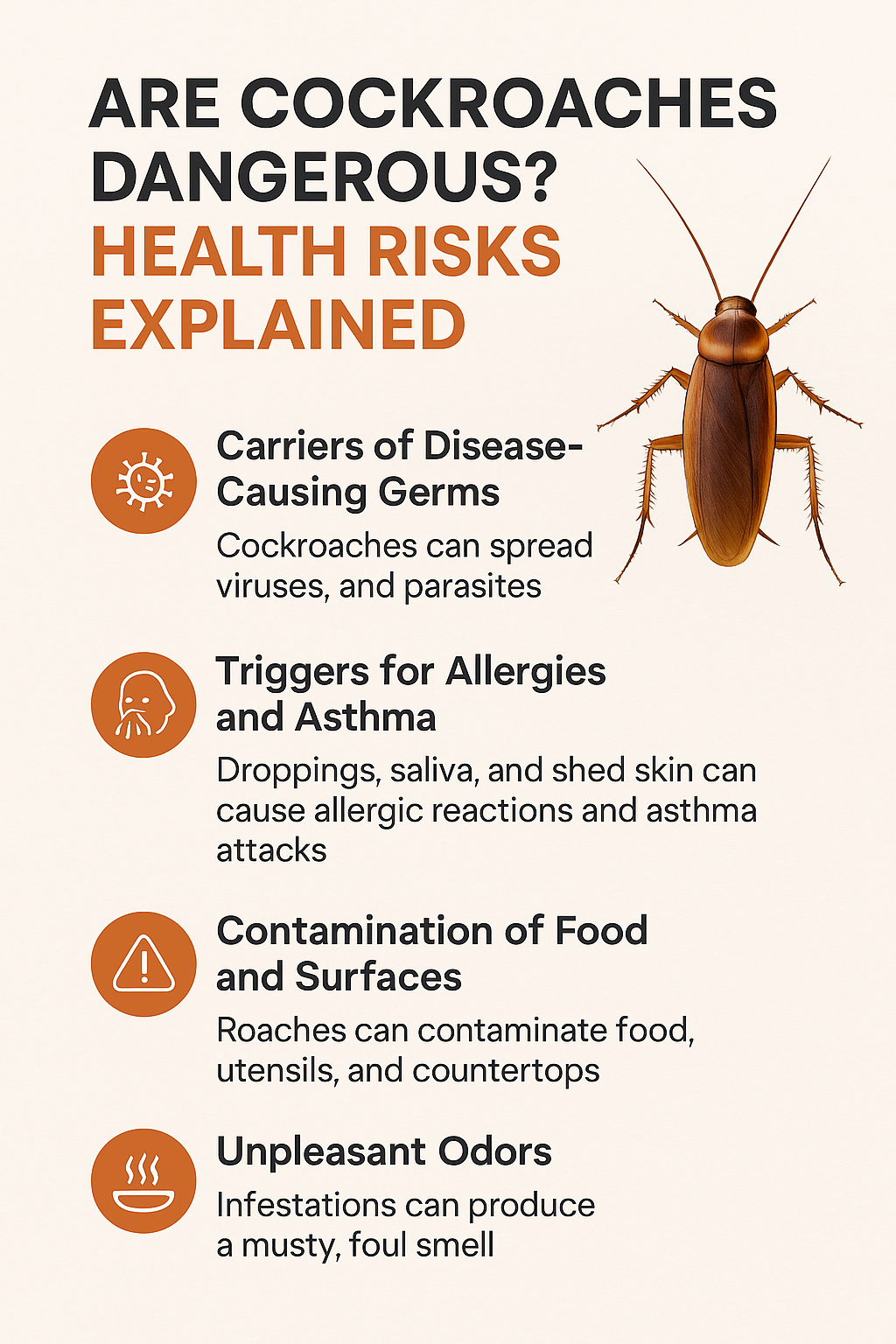

















































(0) Comments